Source: Hindustantimes
If you are a routine reader of this site, then you will recall a blog post that I wrote a couple of weeks ago titled "Is 94 Million Barrels Of Oil A Large Amount Of Oil? That Is The Global Daily Demand". In that post, I mentioned the staggering amount of oil that is needed to fuel the global daily demand (around 94 million barrels of oil). This number seemed incomprehensible to me at the time and still is quite difficult to grasp. I recommend reading the blog post to grasp the following subject matter contained in this post.
Recently, another number popped up into the news regarding oil. The conflict over the country Iraq has plagued our nation for the past couple of decades. Some people speculate our presence is attributed solely to our dependence on oil. If that is the case, then just how much oil does Iraq have underneath it? Below is a blog post that explores through dimensional analysis the sizable amount of oil underneath the country of Iraq -- which is no small amount.
How Much Oil Is Iraq Sitting On Top Of?
I have pondered this question for quite a while. Back in 1996, I had the opportunity to join the US Air Force for four years. I spent a considerable time in the surrounding countries to Iraq. The importance of me telling you this is that while I was over there, some speculated our presence was solely a "selfish" one to satisfy our dependence on oil. I thought if that were the case, then Iraq better have a large amount of oil. I would have to wait (due to focusing on other interests another two decades to find out).
Fast forward to last weekend. I was reading an article in the Los Angeles Times titled "In Iraq, a former oil boomtown becomes a relic" in which the destruction caused by the conflict has extended over the oil fields which contribute a sizable amount of oil. That destruction in some cases would cost billions of dollars to repair aside from the military presence. There were two paragraphs that in particular caught my eye. The first was describing the destruction to the city of 200,000 people:
The city, once a bustling home to 200,000 people, is so utterly destroyed that there is little, if any, hope of rebuilding. It is deserted aside from security forces essentially left to defend a memory of hope amid the remains of buildings wrecked by a hailstorm of burning metal chunks caused by the battles.
Here in the US, we have no idea of how to comprehend the description from above other than to compare it to either a passage in a fiction novel or a movie. The debate over our presence is not the dominant subject of this blog post. Therefore, I will jump into the other paragraph that caught my attention and which is the subject of this blog post:
Much of Baiji’s output relied on a steady supply of crude from the northern province of Kirkuk — which reportedly has about 10% of the country’s total reserve of 140 billion barrels — an arrangement that worked when Iraq was unified under the rule of strongman Saddam Hussein. It is unlikely, however, to continue; the semiautonomous Kurdish administration in the north is intent on severing ties with the central government and keeping the oil.
I am no mind reader, but if you look at the paragraph in context to the article on the website -- the majority of readers might have missed a critical statistic. That is, Iraq sits on top of 140 billion barrels of oil? OH MY GOODNESS!
Is that number even comprehensible?
Here I thought that the daily global demand of oil -- 94 million barrels of oil was a huge number. I am continuously amazed at these reported figures for oil demand, consumption, supply, projections made by the popular news. And here people walk and talk on their cell phones and devices without even considering these staggering amounts. No wonder there are conflicts in the world.
How do we comprehend 140 billion barrels of oil?
How Many Gallons Are In A 140 Billion Barrels Of Oil?
I am not an oil trader, not an oil speculator, or an employer of a producer, etc. Therefore, I like to view the volume of oil projected/spoken about in columns in units of gallons. Below I converted the amount of oil in a 140 billion barrels to units of gallons:
WOW. WOW. Yes, the total amount of oil under the country of Iraq in gallons is 5,900-billion gallons. Now, I wanted to compare this number to the number reported in my previous blog post on the global daily demand. In order to make the number more meaningful, I decided to convert to the annual consumption of the global demand of oil. More meaningful, meaning, more mind-bending. In the last line of the above calculation, I show that Iraq could support the global annual demand for 4 years!!!!
Where did the number with the units "gallons/year" come from?
Here is the conversion of the daily global demand of 94 million barrels/day to "gallons/year" shown below:
Are you satisfied now? I try to make a large effort to clarify each number. One of the most bothersome aspect of reading the news is observing a number while not being able to put that number into context. Dimensional analysis relieves me of this bothersome feeling.
That is rather disappointing. We are fighting a war in the Middle East or keeping a large presence for just 4 years worth of oil? Not true exactly. If the United States annual consumption was only taken into consideration, the number of years that Iraq could support us would be much longer.
Do you believe me?
Fortunately, for the purpose of this blog, you do not have to. To get the annual consumption for the United States, I asked google as shown below:
All that was needed to carry out the calculation was the number for the annual oil consumption for the United States -- which is around 19.4 million barrels/day multiplied by 365 days/year -- right? I show the calculation below:
Now, the total reserves for Iraq -- 5,900 billion gallons can be directly compared to the annual consumption of the US (number above) as follows:
The above calculation sheds light onto the thought process behind the large oil industry in the United States. Thinking in selfish terms, there is plenty of oil to be had without thinking about the rest of the world. Although, in the larger picture, the amount of oil is not going to last us forever.
Where is the rest of the oil?
Since the amount listed above is only from a single country in the Middle East, what about the other "oil-rich" countries in the region?
How About Saudi Arabia?
Saudi Arabia contains the largest amount of oil in the world just behind the country of Venezuela. How do I know this? Here is an excerpt from the "Wikipedia" page for Saudi Arabia shown below highlighting the supposed fact:
The proven oil reserves in Saudi Arabia are the second largest in the world, estimated to be 268 billion barrels (43×109 m3) (Gbbl hereafter), including 2.5 Gbbl in the Saudi–Kuwaiti neutral zone. They are predominantly found in the Eastern Province.[1] These reserves were the largest in the world until Venezuela announced they had increased their proven reserves to 297 Gbbl in January 2011.[2] The Saudi reserves are about one-fifth of the world's total conventional oil reserves, a large fraction of these reserves comes from a small number of very large oil fields, and past production amounts to 40% of the stated reserves.
What? That is amazing. Again, with this volume of oil possible to extract, I am no longer wondering why these countries are under pressure to produce and do business with other countries. Since, the amount of oil under Iraq has been analyzed using dimensional analysis above, both Saudi Arabia and Venezuela can easily be outlined below to shed some surprising results for the future of oil.
To start with, how long could both countries support the global annual demand (as listed and calculated above)?
The results are shown below -- Saudi Arabia first:
Next, the results for Venezuela:
Again, these two calculations highlight the massive dependence on oil that is spread across the globe. Wow! This shows that each of us should start thinking about other sources of energy - to say the least. The number of years listed above should be a "wake-up" call for the world.
The "wake-up" call should entail sourcing other renewable forms of energy along with reconsidering each trip (needed or unneeded) that uses fossil-fuels traveled throughout the day. I guess that these numbers highlight the recent demand by shareholders to deal with the potential direction (and shareholder losses) associated with the future of fossil-fuels and investments.
What if we look at both Saudi Arabia and Venezuela selfishly to satisfy the US only?
Here are the results below:
Even if the rest of the world ceases to use oil, there is a "finite" amount of time and oil available for future generations. This is truly astounding. Of course, I did not take into account other oil producing countries. Still, looking at the top 2 provides the best case scenario. These numbers are not large and need to be taken seriously.
Conclusion . . .
What is next? Where will the energy come from?
Will the world switch to a different fuel besides "fossil-fuels"?
What happens if the research does not turn out positive results?
These questions are worst case scenarios -- but should still be entertained. Now is the time to reconsider the global use of these precious "fossil fuels" and other resources which daily are being consumed at a despicable rate. I am not trying to sound like a crazy environmentalist. The numbers listed above are approximations -- but should be alarming. Notice how the top two oil producing nations reflect the support in only double digit proportions. None indicated triple digit support (i.e., 100 years worth of oil).
Further, the development of renewable energy will take time to research and bring to market. Now is the time to start supporting such research. Alternatively, now is the time to consider your use of oil.
How much oil do you use on a daily basis? How about an annual basis?
These questions might seem humorous from your vantage point, but let me propose another question:
What would you do if oil was not available?
How would you run your life?
Obviously, life would go on. But, entertaining these drastic questions which eventually will be turned into measures (conservation, divestment, etc.) is a useful skill to start practicing. Especially, while resources are still abundant. The next time that you jump into the car or SUV to drive a couple of blocks to the store for a single item ask yourself: Do I really need to drive?
This practice might seem trivial (you as a single person or car), but multiply yourself by a few hundred million and compare that gas consumption to the figures listed above, and then the numbers are not so extreme from one another. Lets conserve and divest more money into a renewable future. As scientists and researchers, we need time to test out hypothesis and get things wrong before we get them right and the technology proceeds to the market (i.e., your door). Help us out!
Related Blog Posts:
What Is Dimensional Analysis?
Dimensional Analysis Of Statistics And Large Numbers - Index Of Blog Posts
1,600 Cattle Consume Equivalent Amount Of Water As A Bel Air Resident Per Day?
Was The Recent Oil Spill in China The Largest In History?
LimeBike Dockless Bikeshare Riders Travel A Distance Of 13,000 Miles In Just Over 3 Weeks?
How Many Cigarettes Can You Roll With 18,000 Pounds Of Marijuana?
How Many Turkey's Are Served On Thanksgiving Day? How Many People Served?
How Much Trash Would Be Required To Fill The Great Wall Of China?
How Many Birds Per Minute Can Be Processed On A Single Line At A Poultry Processing Plant?
Hurricane Harvey Drops Enough Rain On Houston To Fill 560 Dallas Cowboy Stadiums
If Technology Fails, Use Basic Math Skills - Count Manually!!
How Much Water Is Contained In All Oceans Around The Globe?
Wasteful Water Use Tied To 'Education and Poverty' - Really?
LimeBike Dockless Bikeshare Riders Travel A Distance Of 13,000 Miles In Just Over 3 Weeks?
How Many Cigarettes Can You Roll With 18,000 Pounds Of Marijuana?
How Many Turkey's Are Served On Thanksgiving Day? How Many People Served?
How Much Trash Would Be Required To Fill The Great Wall Of China?
How Many Birds Per Minute Can Be Processed On A Single Line At A Poultry Processing Plant?
Hurricane Harvey Drops Enough Rain On Houston To Fill 560 Dallas Cowboy Stadiums
If Technology Fails, Use Basic Math Skills - Count Manually!!
How Much Water Is Contained In All Oceans Around The Globe?
Wasteful Water Use Tied To 'Education and Poverty' - Really?
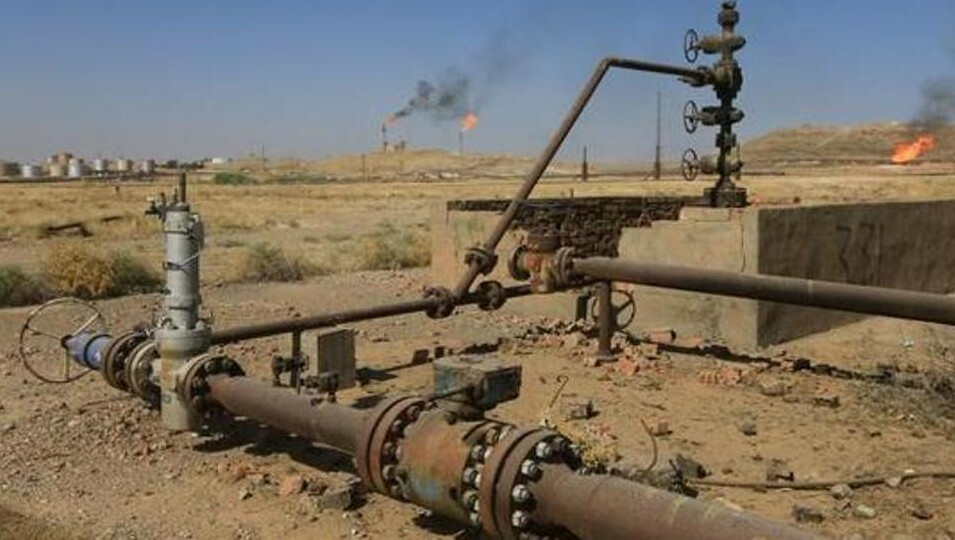
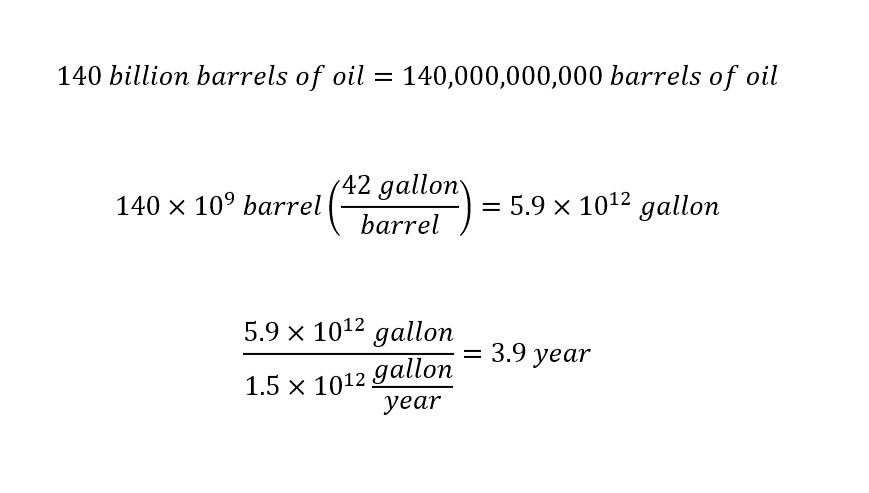
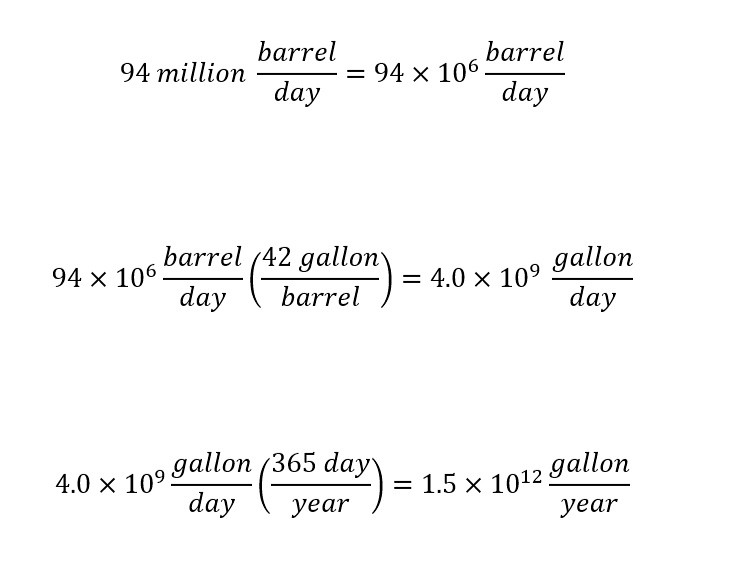


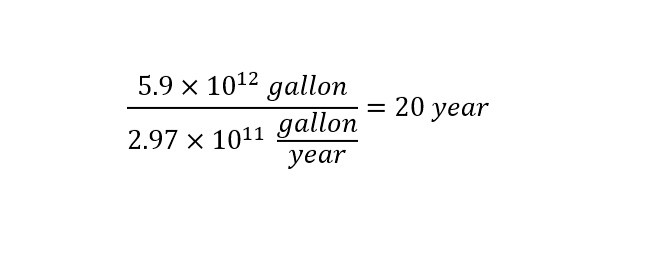
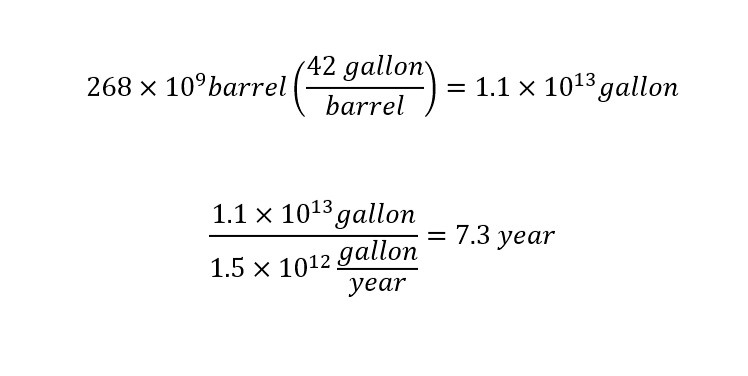
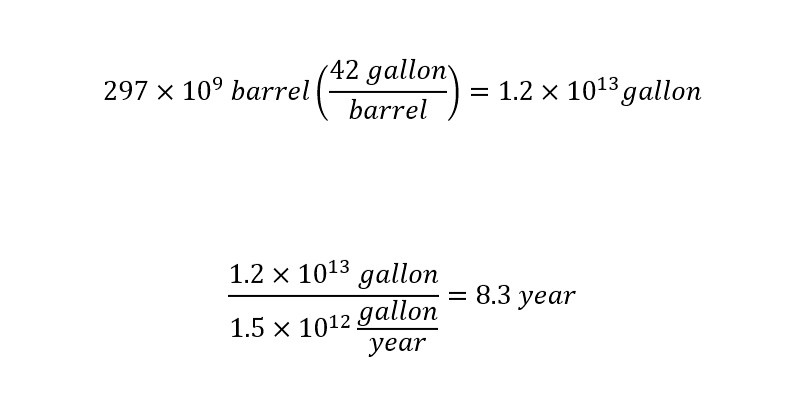

No comments:
Post a Comment